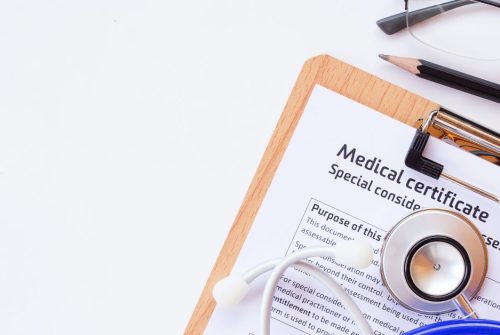
Losing weight can be frustrating, especially after the excess fat becomes resistant to diet and exercise. Additionally, there are different home remedies to lose weight, most of which are not effective. However, shedding off excess weight is different with Frisco gastric bypass. The surgical procedure minimizes the size of your stomach, making you feel satisfied with little food. Thanks to its various benefits, including losing significant weight in a few months, gastric bypass is increasingly gaining popularity with weight loss patients.
What are the benefits you are likely to have after a gastric bypass?
Gastric bypass is an effective bariatric procedure your doctor will most likely recommend because of its wide range of benefits, including:
- You will lose significant body weight (approximately 70%) within the initial 18months after the treatment.
- You will be unable to consume large quantities of food because of your restricted stomach size
- Your bypassed intestines will absorb minimal levels of calories
- You minimize your risks of developing type 2 diabetes
- Your system might not be able to stand too much intake of carbohydrates or sugars
- You increase your chances of maintaining approximately 50% weight loss after the bariatric procedure
- The significant weight loss is likely to adjust your hormones, thus enhancing your metabolism
Once you shed off considerable body weight and minimize your medication intake, exercising becomes easier for you. Combining a healthy diet with regular exercise will most likely help you lose more than 70% weight.
What should you expect before the weight loss surgery?
Your healthcare provider will expect you to follow some rules before a gastric bypass. For instance, your doctor will advise you not to eat on the night before the surgery. You are not allowed to eat or drink anything during the treatment day. Your doctor will then administer local anesthesia and insert an IV line through which he will administer medication and other intravenous fluids, giving them a direct passage to your bloodstream. The surgical procedure happens in two steps:
Decreasing the size of your stomach
Your doctor will use staples to separate your stomach into two sections during the treatment, a small upper part (pouch) and a more extensive bottom section. The pouch that now becomes your stomach holds around an ounce (28g) of food cannot allow you to eat more food. As a result, you will end up shedding a significant percentage of your excess weight.
The bypass
The second step of the surgical process entails connecting a small part of your small intestines to the pouch through a tiny hole. As a result, the food you will eat travels from your pouch to the small intestines through the opening (on your pouch), preventing your body from absorbing too many calories.
Your surgeon can conduct the process in two ways, open surgery or laparoscopy. An open surgery that works on your small intestines, stomach, and other organs entails cutting open your belly. On the other hand, laparoscopic surgery entails using a tiny camera to check the inside of your body.
Fear is normal with gastric bypass. However, the procedure will help you shed off your excess weight by changing how your small intestines and your stomach operate. Contact your doctor for further inquiries about this weight loss procedure.






